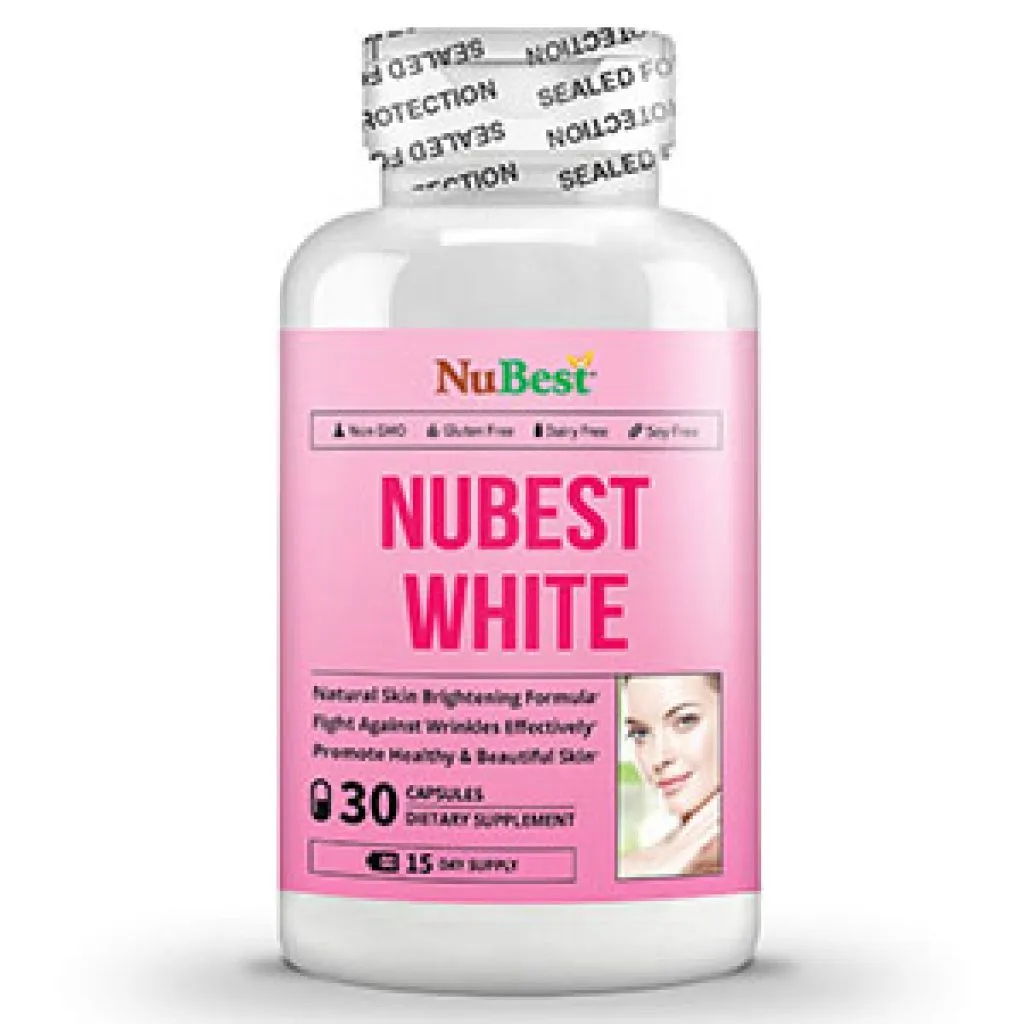What are Super Whitening Pills?
Super whitening pills are oral products designed to lighten the color of teeth, offering a brighter and more aesthetically pleasing smile. These pills typically contain active ingredients that work to remove stains and discoloration from the enamel surface. They are marketed as a convenient and accessible alternative to professional teeth whitening treatments. The popularity of these pills stems from their ease of use and the promise of significant whitening results, attracting individuals seeking a quick and cost-effective solution for enhancing their smile. However, it’s crucial to understand the science behind these pills, their effectiveness, and any potential risks before incorporating them into your oral hygiene routine. Remember, consult with a dental professional before starting any teeth whitening regimen.
How Do Super Whitening Pills Work?
The mechanism of action for super whitening pills primarily involves the oxidation of stain molecules within the tooth enamel. The active ingredients, such as hydrogen peroxide or carbamide peroxide, penetrate the enamel and break down the stain compounds. This process effectively lightens the color of the teeth. The efficacy of these pills depends on factors like the concentration of the active ingredient, the duration of use, and the specific type of stains present. Surface stains from coffee, tea, or tobacco are generally easier to remove compared to intrinsic stains caused by factors such as aging or medication. Understanding the scientific basis of teeth whitening helps consumers make informed decisions about the best approach for achieving their desired results. Remember, always follow the product’s instructions to ensure safety and efficacy. Improper use can lead to ineffective results or potential side effects.
The Science Behind Teeth Whitening
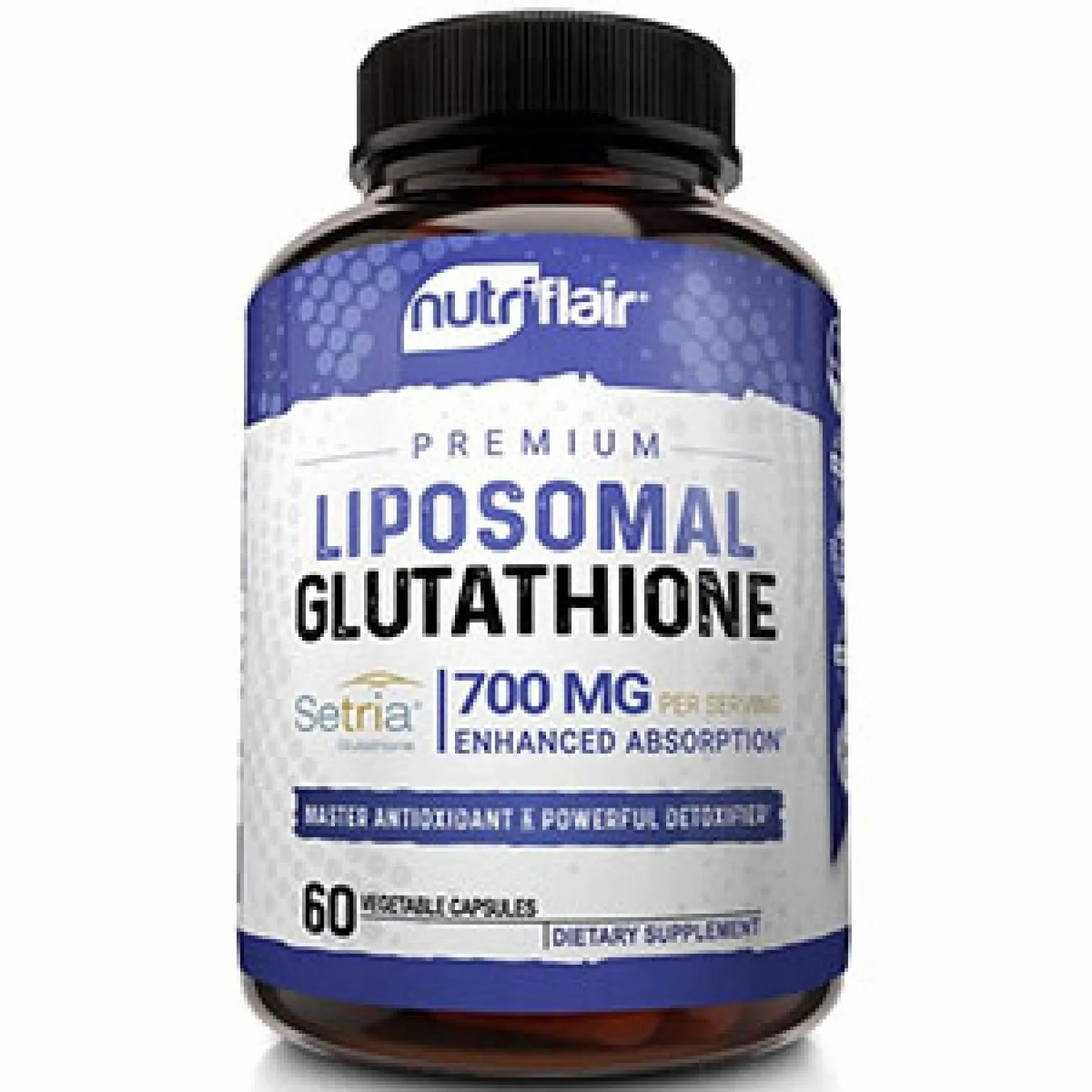
Teeth whitening is a chemical process that leverages the properties of oxidizing agents. The active ingredients in super whitening pills, like hydrogen peroxide, release oxygen molecules that penetrate the enamel and dentin. These oxygen molecules react with the discolored molecules within the tooth structure, breaking them down and effectively lightening the teeth. The effectiveness of whitening is determined by the concentration of the active agent, the exposure time, and the individual’s tooth structure and stain type. Professional whitening treatments often use higher concentrations of peroxide, yielding faster and more dramatic results compared to over-the-counter products. However, all whitening methods rely on this fundamental chemical reaction to achieve a brighter smile. It’s always wise to consult with a dental professional to understand the most suitable and safest approach for your specific needs and dental health conditions. They can assess your teeth and recommend the most effective whitening strategy.
Fact 1 Common Ingredients in Super Whitening Pills
The active ingredients in super whitening pills are crucial for their whitening effect. These are usually hydrogen peroxide or carbamide peroxide. Hydrogen peroxide is a strong oxidizing agent and is the active component that directly whitens the teeth. Carbamide peroxide breaks down into hydrogen peroxide and urea, providing a slower release of the whitening agent. The concentration of these ingredients varies among different products, with higher concentrations often yielding faster results but also potentially increasing the risk of side effects. Some pills may also include inactive ingredients like binding agents and flavoring agents to enhance the pill’s formulation and user experience. Consumers should carefully review the ingredients list to ensure the product is suitable for their needs and to avoid any potential allergens or sensitivities. Always check with a dentist to ensure the ingredients are safe for your specific dental health situation, particularly if you have existing dental work like fillings or crowns.
Hydrogen Peroxide
Hydrogen peroxide is a powerful oxidizing agent used extensively in teeth whitening products. It works by penetrating the enamel and dentin of the teeth, breaking down the stain molecules responsible for discoloration. The effectiveness of hydrogen peroxide depends on its concentration and the duration of exposure. Higher concentrations can yield faster results but may also increase the risk of tooth sensitivity and gum irritation. Over-the-counter products generally contain lower concentrations of hydrogen peroxide to ensure safety for home use. Professional treatments, administered by a dentist, often use significantly higher concentrations, providing more dramatic whitening in a shorter time. Understanding the role of hydrogen peroxide helps consumers make informed decisions about choosing the right whitening product for their needs. Always follow the manufacturer’s instructions and consult with a dentist for personalized advice, especially if you have sensitive teeth.
Carbamide Peroxide
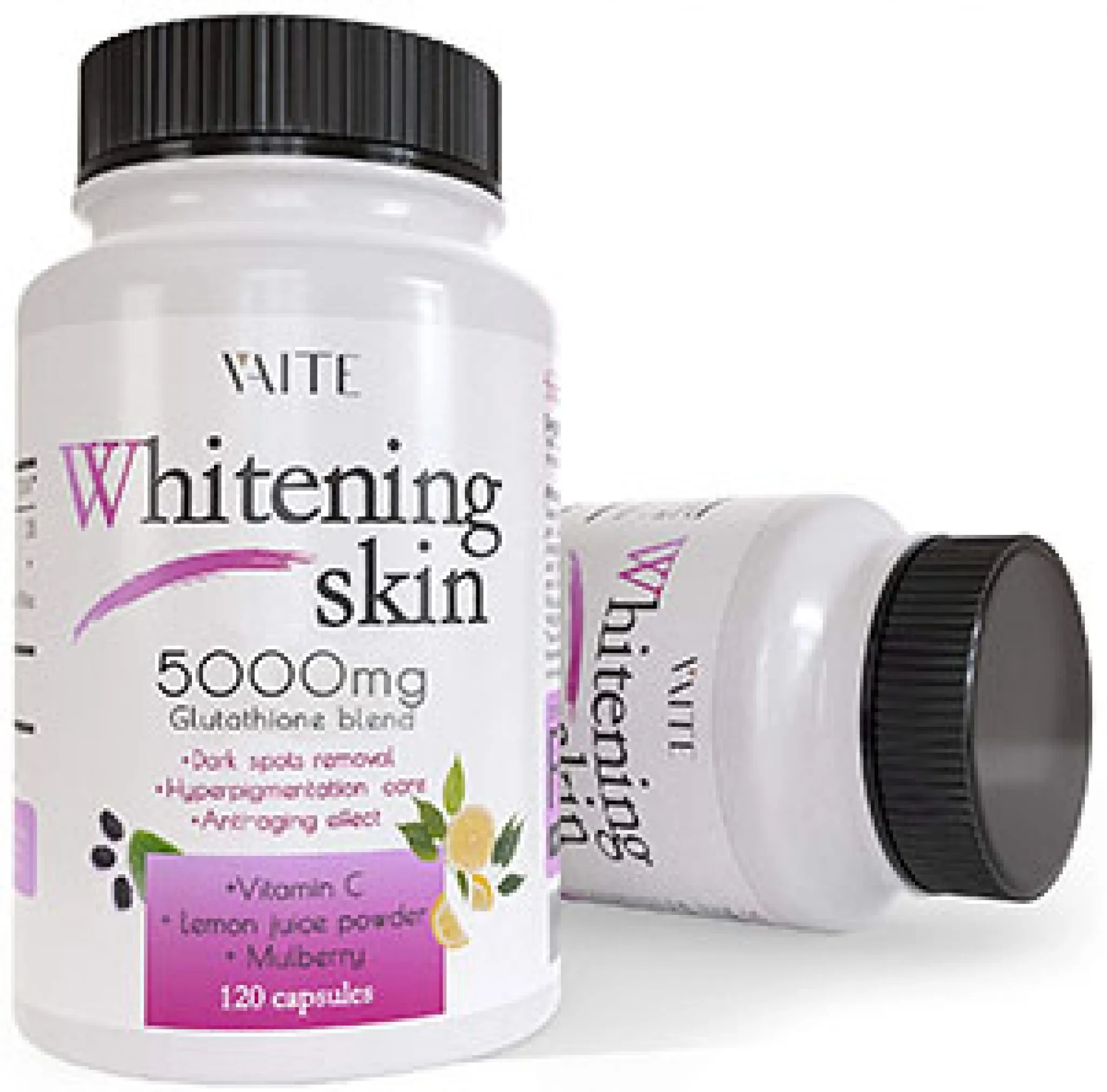
Carbamide peroxide is another common ingredient in teeth whitening products. When it comes into contact with water, carbamide peroxide breaks down into hydrogen peroxide and urea. This means carbamide peroxide acts as a slower-releasing form of hydrogen peroxide. This slow release can be beneficial, as it may reduce the chances of tooth sensitivity compared to products with high concentrations of hydrogen peroxide. Carbamide peroxide is often found in at-home whitening kits, offering a balance between effectiveness and safety. The concentration of carbamide peroxide determines the strength of the whitening effect. Higher concentrations can lead to more significant whitening, but also increase the risk of side effects. Consumers should be aware of the differences between hydrogen peroxide and carbamide peroxide, and consider their individual needs and sensitivities when choosing a whitening product. Consulting with a dentist can provide valuable guidance on the most suitable option for their oral health.
Fact 2 Effectiveness of Super Whitening Pills
The effectiveness of super whitening pills varies depending on several factors, including the specific ingredients, their concentrations, and the type of stains on your teeth. These pills are generally more effective at removing surface stains caused by coffee, tea, tobacco, and certain foods. They may not be as effective on intrinsic stains, which are deeper stains within the tooth structure, or on teeth that have undergone dental procedures like fillings or crowns. Results can also vary based on individual tooth enamel characteristics and overall oral hygiene. Consistent use, as directed, is crucial for achieving the desired whitening results. It’s important to manage expectations and understand that the effectiveness of super whitening pills may not be as dramatic or long-lasting as professional whitening treatments. Consulting a dental professional can help you determine the most appropriate whitening approach based on your individual needs and circumstances. They can assess your oral health and recommend the most effective course of action for achieving your desired results.
Factors Affecting Whitening Results
Several factors influence the effectiveness of super whitening pills. The type of stain is a key determinant; surface stains, like those from coffee or tea, are generally easier to remove than intrinsic stains. The concentration of the active ingredient in the pills plays a significant role; higher concentrations often lead to faster, but potentially more sensitive results. The duration of use is also important; consistent use, as per the product instructions, is necessary to achieve visible whitening. Individual tooth enamel characteristics, such as porosity and thickness, also impact the outcome. Oral hygiene practices, including regular brushing and flossing, further contribute to the effectiveness and longevity of the whitening results. Certain lifestyle choices, such as smoking or consuming staining foods and drinks, can diminish the whitening effect. Understanding these factors helps individuals make informed decisions and manage their expectations regarding the use of super whitening pills. Remember to consult with a dentist to understand how these factors might impact your individual results.
Fact 3 Safety Considerations and Side Effects
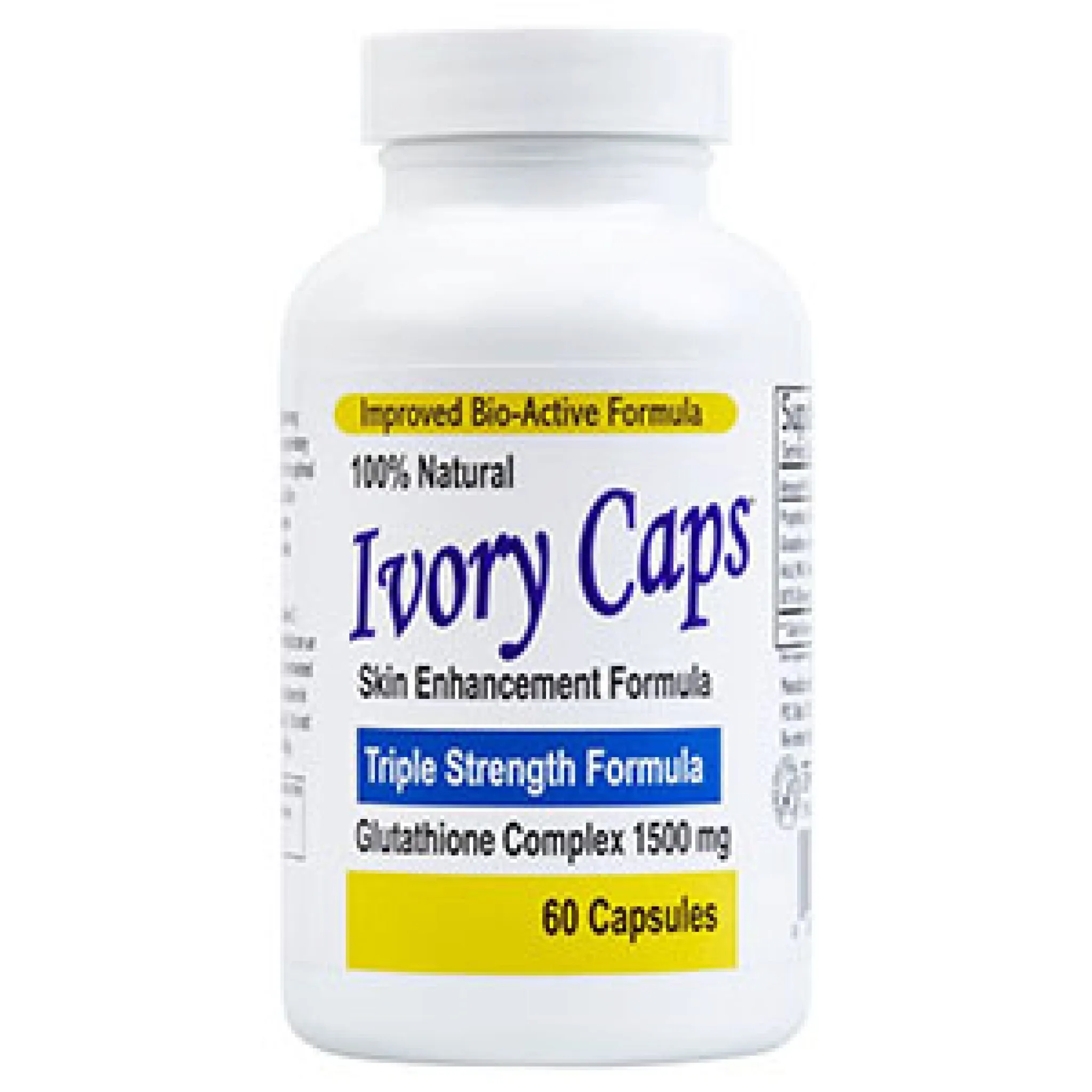
Safety is paramount when using super whitening pills. While generally considered safe when used as directed, these pills can cause potential side effects. Tooth sensitivity is a common side effect, especially with higher concentrations of active ingredients. Gum irritation, characterized by redness or soreness, may also occur. It’s crucial to follow the product instructions precisely and to avoid overuse to minimize the risk of side effects. Individuals with pre-existing dental conditions, such as cavities, gum disease, or sensitive teeth, should consult a dentist before using whitening pills. Pregnant or breastfeeding women should also seek professional advice before starting any whitening treatment. Always discontinue use and consult a dentist if you experience any adverse reactions. By taking these safety precautions, you can minimize risks and ensure a positive teeth whitening experience.
Potential Side Effects
Potential side effects associated with super whitening pills include tooth sensitivity and gum irritation. Tooth sensitivity manifests as a sharp pain or discomfort when consuming hot or cold foods and drinks. Gum irritation can lead to redness, soreness, and even minor bleeding. These side effects are usually temporary and subside once the use of the pills is discontinued or reduced. More serious side effects are rare but could include damage to existing dental work, such as fillings or crowns, if the product is used incorrectly or for extended periods. Individuals with pre-existing dental issues are at a higher risk. It is essential to follow the product instructions carefully, avoiding overuse and consulting a dentist immediately if any adverse effects occur. Your dentist can help determine the cause and recommend measures to alleviate the symptoms, ensuring your oral health is not compromised.
Consulting a Dentist
Consulting a dentist before using super whitening pills is highly recommended. A dentist can assess your oral health, identify any underlying dental issues, and determine if whitening pills are appropriate for you. They can advise you on the most suitable type of whitening product based on your individual needs and the condition of your teeth. Dentists can also provide professional teeth whitening treatments, which often yield better and more predictable results, while ensuring your safety and comfort. They can monitor the process and address any potential side effects promptly. Additionally, dentists can provide valuable advice on proper oral hygiene practices, enhancing the effectiveness and longevity of your whitening results. Before beginning any teeth whitening regimen, a dental check-up is essential to ensure your teeth and gums are healthy and ready for the treatment. This consultation can also help you manage your expectations and make informed decisions.
Fact 4 Are Super Whitening Pills Right for You?
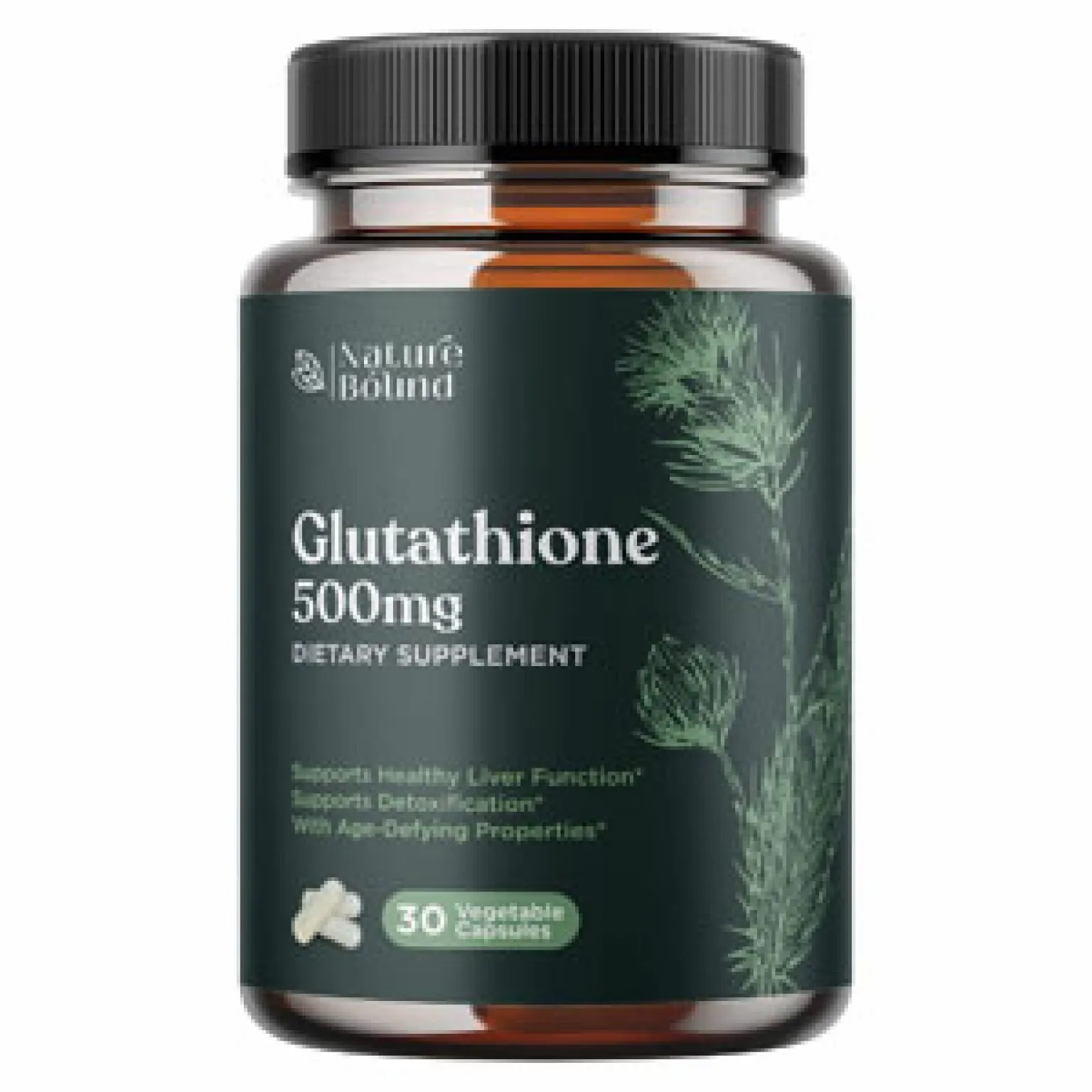
Determining whether super whitening pills are right for you involves careful consideration of your oral health, expectations, and lifestyle. If you have surface stains from coffee, tea, or tobacco, these pills might be a suitable option. However, if you have deep intrinsic stains, or existing dental work like fillings or crowns, the results might be limited. Your oral health condition is crucial; if you have gum disease, cavities, or sensitive teeth, you should consult a dentist before using these products. Consider your expectations; whitening pills can provide noticeable results, but these results may not be as dramatic or long-lasting as professional treatments. Your lifestyle habits also play a role; if you continue to consume staining foods and drinks, the effects of the pills might diminish quickly. Taking these factors into account helps you make an informed decision about whether super whitening pills are appropriate for your individual needs.
Evaluating Your Needs
Evaluating your needs is the first step in determining if super whitening pills are right for you. Assess the current condition of your teeth, taking note of any existing stains and their causes. Determine your oral health status; are your gums healthy, and are there any cavities or dental issues? Consider your aesthetic goals; how much whiter do you want your teeth to be, and what are your expectations regarding the results? Evaluate your lifestyle; do you consume staining foods or drinks, and do you smoke? Research and understand the different types of whitening products available. Discuss your concerns and needs with a dentist, who can assess your oral health and recommend the most appropriate whitening method. By carefully evaluating these factors, you can make an informed decision about whether super whitening pills align with your needs and goals.
Fact 5 Types of Super Whitening Pills
Super whitening pills come in various types, each with different formulations and delivery methods. Some are designed to be swallowed, while others might be chewable or dissolvable. The active ingredients and concentrations vary; common active ingredients include hydrogen peroxide and carbamide peroxide. The strength of the active ingredients influences the whitening speed and potential side effects. Over-the-counter options are readily available, often featuring lower concentrations of the active ingredients for safe home use. Professional whitening pills, prescribed and administered by dentists, typically contain higher concentrations, leading to faster and more pronounced results. It’s crucial to understand the differences between these types, and to choose a product that aligns with your individual needs and oral health status. Consulting with a dentist can guide you towards the most effective and safest option for achieving your desired results. Always read the product labels to determine the correct usage.
Over the Counter Options
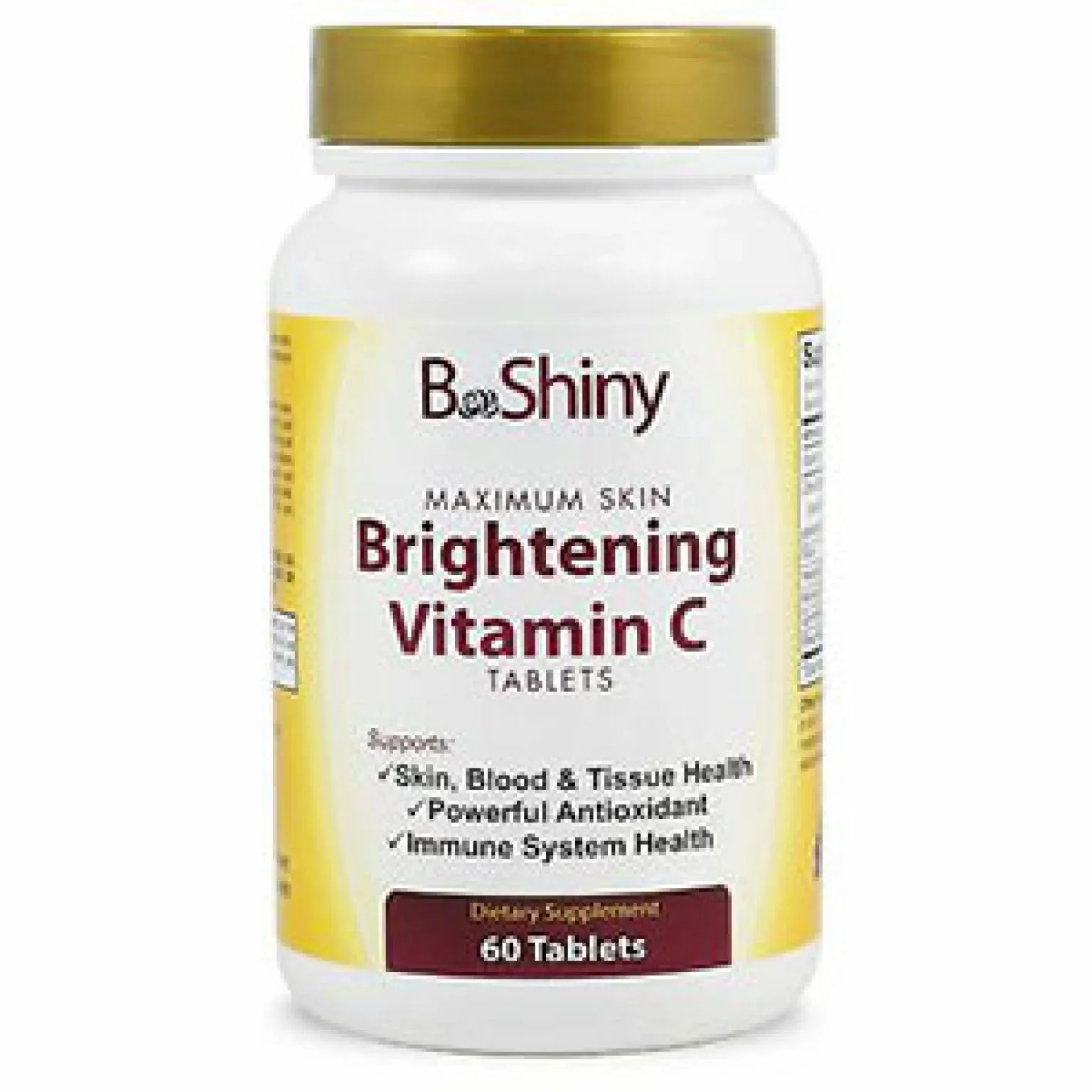
Over-the-counter (OTC) super whitening pills are readily available at pharmacies and online retailers. These products typically contain lower concentrations of hydrogen peroxide or carbamide peroxide, making them safer for home use. OTC options are generally more affordable and accessible than professional treatments. These pills often come in various forms, including chewable tablets or pills that dissolve in the mouth. The effectiveness can vary depending on the specific product, the type of stain, and individual tooth characteristics. It is essential to carefully read and follow the product instructions to ensure safe and effective use. While OTC options can provide noticeable whitening results, the effects may not be as dramatic or long-lasting as those achieved through professional treatments. Consumers should consider their individual needs, oral health, and expectations when selecting an over-the-counter whitening pill. Remember, consulting a dentist is always a good idea before starting any whitening regimen.
Professional Whitening Pills
Professional whitening pills are prescribed and administered by dentists. These pills often contain higher concentrations of active ingredients like hydrogen peroxide, which means that they can achieve faster and more dramatic results compared to over-the-counter options. The use of professional-grade products also allows for a more controlled application and reduces the risk of side effects. Dentists can monitor the whitening process and provide guidance on how to manage any sensitivity or gum irritation. Professional whitening treatments may involve custom-fitted trays or in-office procedures. The cost of professional whitening pills is typically higher than that of over-the-counter products. For individuals seeking significant whitening results and professional guidance, professional whitening pills are often the preferred choice. A consultation with a dentist is required to determine the suitability of professional whitening and to ensure the best outcome for your oral health.
Fact 6 How to Use Super Whitening Pills Correctly
Using super whitening pills correctly is crucial for achieving the desired results safely and effectively. The first step is to read and follow the product instructions carefully. The dosage, frequency, and duration of use are often specified. Generally, you would take the pill as directed, ensuring it dissolves or breaks down completely as intended. Avoid exceeding the recommended dosage, as this could increase the risk of side effects. Maintaining good oral hygiene practices during the whitening process is also important. Brush your teeth gently with a soft-bristled toothbrush and floss regularly. Avoid consuming staining foods and drinks, like coffee, tea, and red wine, to prolong the whitening effects. If you experience any sensitivity or gum irritation, stop using the product and consult your dentist. Proper usage, combined with good oral hygiene, will help you achieve a brighter smile safely.
Following Instructions
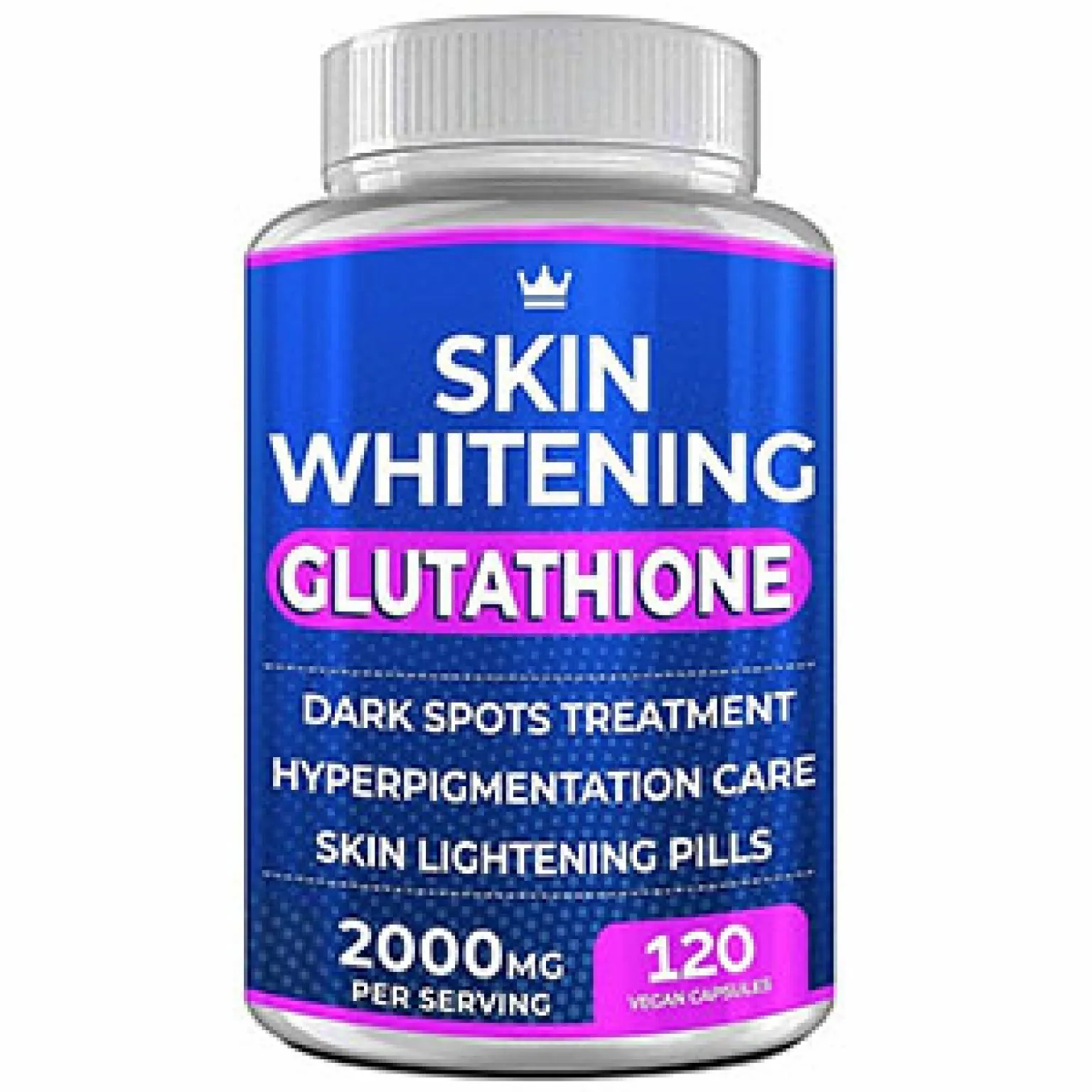
Following the product instructions is paramount when using super whitening pills. Each product has specific guidelines on dosage, frequency, and duration of use. These instructions are designed to ensure the product is used safely and effectively. Carefully read the label before using the pills, and adhere to the recommended dosage. Do not exceed the recommended frequency or duration, as overuse can lead to increased risks of side effects. If the instructions recommend taking the pill at a specific time of day, follow this advice. If there are any specific instructions about not eating or drinking for a certain period after taking the pill, follow them. If you are unsure about any aspect of the instructions, consult with your dentist. By following the instructions precisely, you can maximize the effectiveness of the pills and minimize any potential risks.
Fact 7 Alternative Teeth Whitening Methods
In addition to super whitening pills, several alternative teeth whitening methods are available. These alternatives vary in effectiveness, cost, and the level of professional involvement required. Other methods include whitening toothpaste, whitening strips, and professional treatments. Whitening toothpaste contains mild abrasives or whitening agents that can help remove surface stains. Whitening strips are thin strips coated with a whitening agent that is applied directly to the teeth. Professional treatments, such as in-office whitening or custom-fitted trays with whitening gel, are administered by a dentist. The choice of method depends on your individual needs, budget, and desired results. Consulting with a dentist can help you determine the most suitable alternative based on your oral health condition and cosmetic goals. Your dentist can provide detailed information about each method and recommend the one that is the most effective and safest for your specific situation.
Professional Treatments
Professional teeth whitening treatments, administered by dentists, offer a highly effective alternative to super whitening pills and at-home methods. In-office whitening procedures involve applying a high-concentration whitening gel to the teeth, often combined with the use of a special light to accelerate the whitening process. Dentists can customize the treatment to address the specific needs of each patient. Another option is custom-fitted trays, where a dentist provides trays and a whitening gel with instructions for home use. Professional treatments offer several advantages, including stronger whitening agents, professional monitoring to manage any side effects, and more predictable results. While professional treatments are typically more expensive than over-the-counter products, they often provide more significant and long-lasting whitening effects. Consulting a dentist is essential to determine if professional teeth whitening is the right choice for you and to discuss the available options.
Home Remedies
Home remedies for teeth whitening, such as using baking soda and hydrogen peroxide, are often promoted as natural alternatives. While some of these remedies might help remove surface stains, their effectiveness is generally limited compared to professional treatments or over-the-counter whitening products. Baking soda acts as a mild abrasive, while hydrogen peroxide has some whitening properties. However, it is important to exercise caution when using home remedies. Excessive use of abrasive substances, like baking soda, can damage tooth enamel. If used incorrectly, hydrogen peroxide can lead to gum irritation or tooth sensitivity. Before trying any home remedies, consult with a dentist to ensure they are safe and suitable for your teeth. The best approach is to combine home remedies with proper oral hygiene and professional guidance to achieve a healthy, bright smile. Your dentist can provide tailored advice on the safest and most effective ways to whiten your teeth.
